Who uses this service?
Please note: Some people may not have a problem of their own; but need help understanding how to deal with someone in their lives who does.
People who use Eva's Counselling Service may look for help with:
| Addictions | To achieve freedom from repetitive addictive behaviours and their causes. |
|---|---|
| Adolescent Developmental Issues | Such as sexuality and self esteem. |
| Anger Management | Understanding the way this affects relationships. |
| Anxiety | Panic, worrying, avoidance, shyness, obsessions and compulsions. |
| Carer Stress | Caused by caring for a Partner or Family Member. |
| Children | Help with children's relationships with family members, confidence and behaviour. Early intervention in anxiety problems such as checking, repetitive habits, difficulty going to sleep, fears and avoidance. |
| Depression | Finding ways to improve moods, reduce stress and to understand the triggers that change moods, improved coping strategies. |
| EAP (employee assistance program) | Discuss this option with your manager. |
| Eating Disorders | To make permanent change to compulsive behaviour in anorexia, bulimia or overeating, dissatisfaction with body image. |
| Grief and Loss | Challenges of life stage transitions such as loss of loved ones, divorce, menopause and ageing. |
| Lifestyle | To improve health, fitness and happiness. |
| Pain or Chronic Illness | Improve coping strategies and quality of life. |
| Parenting | Education and help with developing skills and confidence. |
| Post Natal Health | Depression, stress, anxiety, fatigue, energy and self esteem. |
| Post Traumatic Stress | Treatment to stop the intrusive and disabling symptoms. |
| Relationships | Couples counselling, family/friendship problems, to help achieve improved intimacy and happiness. |
| Study | Improve concentration and manage anxiety and stress to achieve superior outcomes. |
| Substance Misuse | Problematic drug and alcohol use. |
| Teenagers | To develop better strategies to manage moods and safe behaviour, to intervene early in emerging mental health problems such as depression and psychosis. |
| Workplace or Business Coaching | To achieve better outcomes, improved motivation, time management and interpersonal relationships. |


